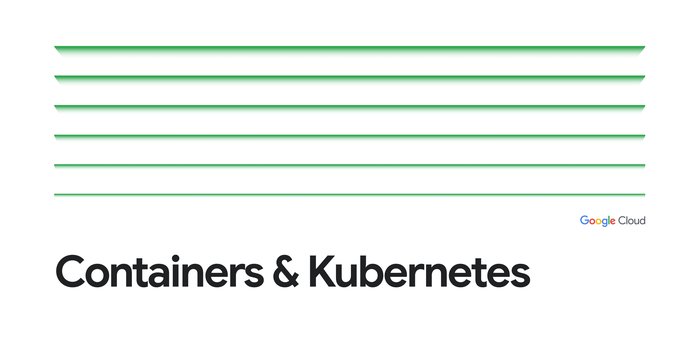Exoplanets, astrobiological research, and Google Cloud: What we learned from NASA FDL’s Reddit AMA
Massimo Mascaro
Distinguished Technical Director, Applied AI, Google Cloud
Are we alone in the universe? Does intelligent life exist on other planets? If you’ve ever wondered about these things, you’re not the only one. Last summer, we partnered with NASA's Frontier Development Lab (FDL) to help find answers to these questions—you can read about some of this work in this blog post. And as part of this work we partnered with FDL researchers to host an AMA (“ask me anything”) to answer all those burning questions from Redditlings far and wide. Here are some of the highlights:
Question: What can AI do to detect intelligent life on other planets?
Massimo Mascaro, Google Cloud Director of Applied AI: AI can help extract the maximum information from the very faint and noisy signals we can get from our best instruments. AI is really good at detecting anomalies and in digging through large amounts of data and that's pretty much what we do when we search for life in space.
Question: About how much data is expected to be generated during this mission? Are we looking at the terabyte, 10s of terabytes, or 100s of terabytes of data?
Megan Ansdell, Planetary Scientist with a specialty in exoplanets: The TESS mission will download ~6 TB of data every month as it observes a new sector of sky containing 16,000 target stars at 2-minute cadence. The mission lifetime is at least 2 years, which means TESS will produce on the order of 150 TB of data. You can learn more about the open source deep learning models that have been developed to sort through the data here.
Question: What does it mean to simulate atmospheres?
Giada Arney, Astronomy and astrobiology (mentor): Simulating atmospheres for me involves running computer models where I provide inputs to the computer on gases in the atmosphere, “boundary conditions”, temperature and more. These atmospheres can then be used to simulate telescopic observations of similar exoplanets so that we can predict what atmospheric features might be observable with future observatories for different types of atmospheres.
Question: How useful is a simulated exoplanet database?
Massimo Mascaro: It's important to have a way to simulate the variability of the data you could observe, before observing it, to understand your ability to distinguish patterns, to plan on how to build and operate instruments and even to plan how to analyze the data eventually.
Giada Arney: Having a database of different types of simulated worlds will allow us to predict what types of properties we’ll be able to observe on a diverse suite of planets. Knowing these properties will then help us to think about the technological requirements of future exoplanet observing telescopes, allowing us to anticipate the unexpected!
Question: Which off-the-shelf Google Cloud AI/ML APIs are you using?
Massimo Mascaro, Google Cloud Director of Applied AI: We've leveraged a lot of Google Cloud’s infrastructure, in particular Compute Engine and GKE, to both experiment with data and to run computation on large scale (using up to 2500 machines simultaneously), as well as TensorFlow and PyTorch running on Google Cloud to train deep learning models for the exoplanets and astrobiology experiments.
Question: What advancements in science can become useful in the future other than AI?
Massimo Mascaro: AI is just one of the techniques science can benefit in our times. I would put in that league definitely the wide access to computation. This is not only helping science in data analysis and AI, but in simulation, instrument design, communication, etc.
Question: What do you think are the key things that will inspire the next generation of astrophysicists, astrobiologists, and data scientists?
Sara Jennings, Deputy Director, NASA FDL: For future data scientists, I think it will be the cool problems like the ones we tackle at NASA FDL, which they will be able to solve using new and ever increasing data and techniques. With new instruments and data analysis techniques getting so much better, we're now at a moment where asking question such as whether there's life outside our planet is not anymore preposterous, but real scientific work.
Daniel Angerhausen, Astrophysicist with expertise spanning astrobiology to exoplanets (mentor): I think one really important point is that we see more and more women in science. This will be such a great inspiration for girls to pursue careers in STEM. For most of the history of science we were just using 50 percent of our potential and this will hopefully be changed by our generation.
You can read the full AMA transcript here.



